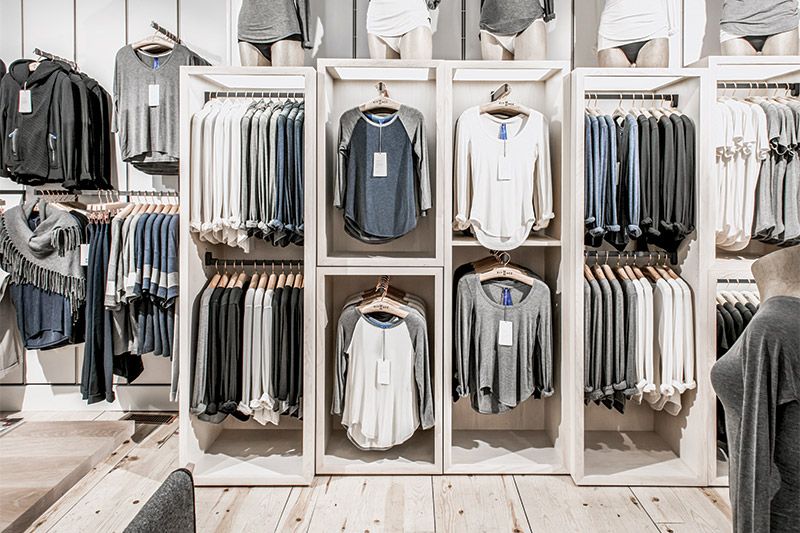According to the latest data from the U.S. Census Bureau, the retail category is improving.
A monthly report released Tuesday showed that U.S. retail and food services sales for June 2023 were $689.5 billion, up 0.2% from the previous month and up 1.5% year-over-year. Additionally, total sales from April 2023 through June 2023 were up 1.6% from the same period a year ago. It is the third consecutive month of growth, indicating resilience for American consumers, despite high-interest rates and economic uncertainty. However, the top-line growth missed economists’ 0.5% expected growth due in part to lower-than-anticipated auto sales.
Health and personal care store sales increased 0.1% month-over-month seasonally adjusted and 6.6% unadjusted year-over-year. Clothing and accessories store sales increased 0.6% month-over-month seasonally adjusted and 1.3% unadjusted year-over-year. Areas of retail that declined included building materials, garden supplies, sporting goods, and grocery and beverage.
“I see this [report] as positive news. Unemployment remains low, the stock market is up and inflation is cooling. All these things give the consumer confidence to spend,” said Naveen Jaggi, president of Retail Advisory Services, JLL. “We no longer talk of a landing, hard or soft, but we [instead] talk about sector recessions. There are no signs of contraction in GDP or on consumer spending, which is a positive sign for the broader economy and is reflected in the overall equities markets being up across the board.”
A noteworthy inclusion in the report was a 1.9% month-over-month sales increase in non-store retailers, representing Amazon and other online retailers. It will be worth keeping an eye on next month’s report, for July, which will include last week’s record-setting Prime Day sales. Amazon said in a press release that the first day of Prime Day, July 11, was the single largest sales day in company history. Prime members purchased more than 375 million items worldwide during the two-day shopping event.
With the Federal Reserve raising federal fund interest rates 10 times since March 2022 to a range of 5-5.25%, the economic question has been whether the U.S. economy would veer into a recession or have a softer landing, where growth slows but a recession is avoided. Goldman Sachs on Monday lowered its odds of a recession in the next 12 months to 20%, down from its previous 25%. The Wall Street firm has been among the most bullish on the chances that the economy can achieve a “soft landing.”
“June retail sales confirm that while the economy may be cooling, consumers remain on solid footing and are spending on household priorities,” said Matthew Shay, president and CEO of the National Retail Federation. “Back-to-class spending is one of the most important shopping occasions of the year, and NRF’s consumer research shows that back-to-school and college spending is expected to set new records.”




